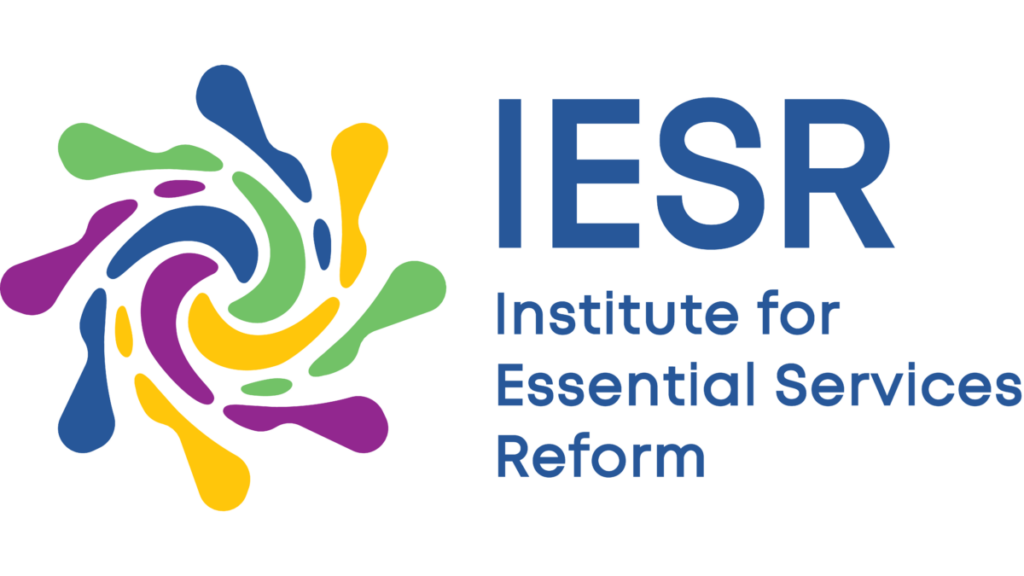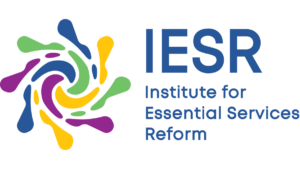Background
As a tropical country, Indonesia receives year-round solar irradiation distributed relatively evenly across its vast geography. This condition provides Indonesia with an exceptionally large solar energy potential. The Ministry of Energy and Mineral Resources (MEMR) estimates that Indonesia has a total solar energy potential of 3.3 TW, distributed nationwide. This technical potential is based on the land area suitable for ground-mounted solar PV (utility-scale PV) and building rooftops suitable for rooftop PV systems. In addition, there is an estimated 89.37 GW of solar potential from the utilization of water bodies (reservoirs and natural lakes) for floating solar PV installations.
Beyond potential on water bodies, Indonesia also holds substantial offshore solar energy potential. According to IESR’s desk study, the technical potential for offshore solar PV reaches approximately 13.3 TW, distributed across Indonesia’s major islands, largely in areas located near the coastline. Meanwhile, a study by David, 2023 estimates the offshore floating solar PV potential at around 32 TW.
Despite these vast resources, solar energy deployment in Indonesia remains limited. As of 2024, the total installed capacity of on-grid solar PV reached only 416 MW, including the 145 MW Cirata floating solar PV. In the captive power and off-grid system, installed solar PV capacity has reached 532 MW. Therefore, accelerating the utilization of solar energy in electricity generation is crucial, given that solar PV is expected to become the backbone of Indonesia’s future power system and play a key role in expanding electricity access, particularly in the country’s frontier, outermost, and remote regions (3T areas).
Considering Indonesia’s immense solar potential, IESR has taken the initiative to conduct a preliminary feasibility study on the development of offshore solar PV. This initiative is aligned with Government Regulation No. 27/2021 on the Implementation of Marine and Fisheries Affairs, which outlines the criteria and permitting requirements for offshore installations, including power generation infrastructure.
Timeline Proposal
Prospective service providers must submit a proposal package consisting of a technical proposal (background, tasks to be performed, methodology, schedule), a cost proposal (total proposed labor rates and other costs), and a relevant resume and portfolio. All bidders are also required to submit administrative bid documents, which can be downloaded through this link http://s.id/reqdocsRFP2025
Proposals will be accepted no later than 23:59 Western Indonesian Time (WIB, GMT+07) on Wednesday, December 3, 2025. Any submissions received after that date and time will be deemed inadmissible. Please address your questions and submissions to the Energy Transformation System Program Manager deon@iesr.or.id and cc to dwicahya@iesr.or.id & reananda@iesr.or.id. Please write “RFP Response – Pre-Feasibility Study for Offshore Floating Solar Photovoltaics – [Your Name/Company]” in the subject line of the proposal. All proposals must be signed by the official organization or representative of the organization submitting the proposal.


